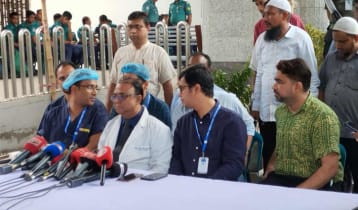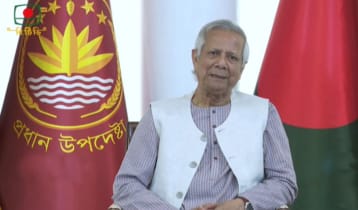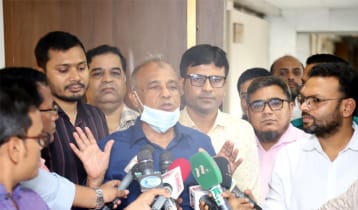One year on, Rohingyas remain trapped in dire conditions
3 || risingbd.com
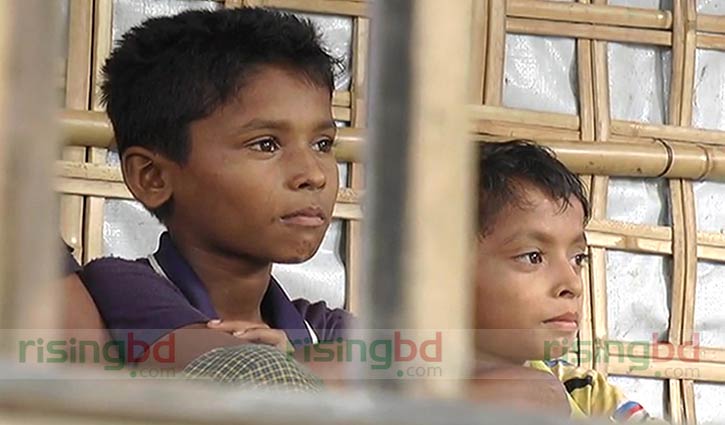
Desk Report: One year since more than 700,000 Rohingya refugees were forced to flee from Myanmar to Bangladesh, the denial of their legal status coupled with unacceptable living conditions in makeshift camps trap refugees in a cycle of suffering.
The Myanmar Army launched renewed ”Clearance operations” ostensibly aimed at Rohingya militants but targeting all members of the community, including women and children On August 25, 2017. Widespread attacks against the Muslim minority group forced more than 706,000 people to flee to neighboring Bangladesh, says a press release from MSF.
The Rohingyas joined over 200,000 others that had fled to Bangladesh after previous waves of violence, bringing the total number of Rohingya hosted in Cox’s Bazar district to over 919,000, says the release.
In the 12 months since, MSF has provided over 656,200 consultations, equivalent to more than two-thirds of Rohingya refugees, in 19 health facilities or mobile clinics, the release adds.
At first, more than half of MSF’s patients were treated for violence-related injuries, but other health concerns soon emerged, linked to the overcrowded and unhygienic conditions in the camps. Dire living conditions have been made even worse by the relentless rains. Teams have treated more than 61,256 cases of acute watery diarrhea, which remains one of the biggest health issues in the camps.
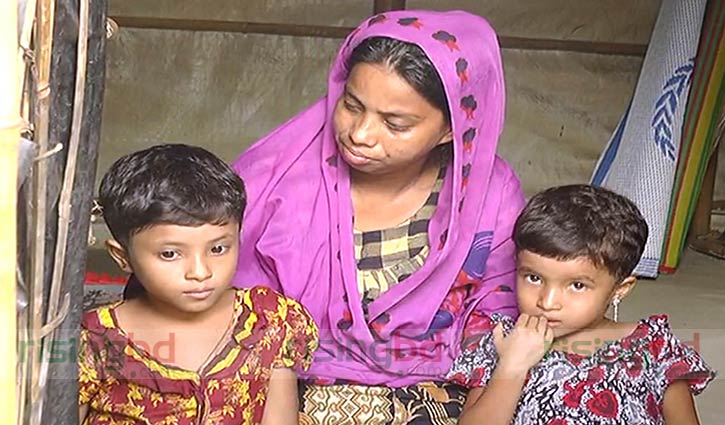
“In an area where cyclones and monsoons are common, there are almost no stable structures for Rohingya refugees, which has a tangible impact on their security and dignity,” says Pavlo Kolovos, MSF head of mission in Bangladesh. "The infrastructure to meet even the most basic needs of the population is still not in place, and that seriously affects people’s well-being.”
While Bangladesh showed extraordinary generosity by opening its doors to the refugees, the future for the Rohingya community here remains uncertain. Countries in the region deny them any formal legal status, despite the fact that they are refugees and have been made stateless by Myanmar. They have limited access to justice to defend their rights. “By refusing to acknowledge the legal rights of Rohingya as refugees, or granting them any other legal status, intervening governments and organizations keep them in a state of acute vulnerability,” says Kolovos.
In addition, the Rohingya remain forcibly confined to the camps, where they generally have poor access to clean water, latrines, health care, education, and job opportunities. Considering the level of violence that the Rohingya faced in Myanmar and the trauma this has caused, services to treat people for mental health issues and sexual and gender-based violence remain inadequate.
“These restrictions not only limit the quality and scale of aid, but also force the Rohingya to depend entirely on humanitarian aid. It deprives them of any chance to build a dignified future for themselves and makes every day an unnecessary struggle for survival,” says Kolovos.
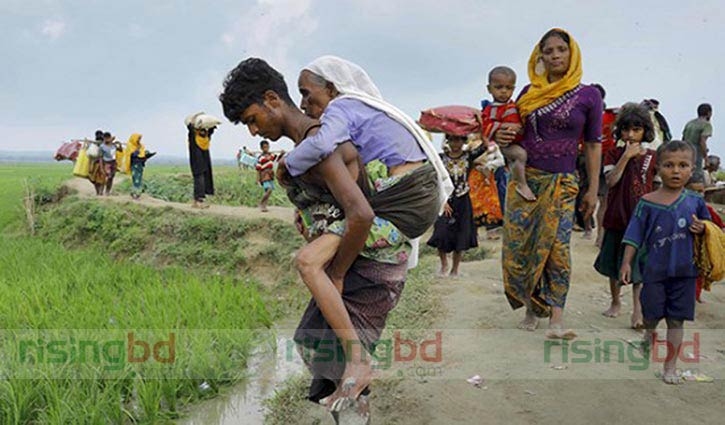
Meanwhile, the United Nations-led humanitarian response in Bangladesh is, to date, only 32 percent funded. Within that, health care funding stands at 17 percent, leaving significant gaps in vital medical services. The Rohingya have long been excluded from receiving basic health care services in Myanmar, resulting in very low immunization coverage and other medical challenges. Improving preventative health measures among the refugee community in Bangladesh is therefore crucial. Vaccination campaigns, supported by MSF, have been instrumental in preventing outbreaks of cholera and measles, and in containing the spread of diphtheria.
Donors and governments with influence over the Myanmar government have failed to show the necessary leadership by not pressing for an end to the persecution of the Rohingya, which is the root cause of their displacement.
More durable solutions must be found for the Rohingya. “The reality is that hundreds of thousands of Rohingya have been displaced in Bangladesh and elsewhere for decades, and it may be decades until they can safely return to Myanmar, if ever. The scale and scope of the Rohingya’s suffering merits a much more robust response – locally, regionally, and globally,” says Kolovos. “Pressure must meanwhile continue to be exerted on the government of Myanmar to halt its campaign against the Rohingya.”
Source: doctorswithoutborders.org
risingbd/Dhaka/Aug 25, 2018/Nasim
risingbd.com






